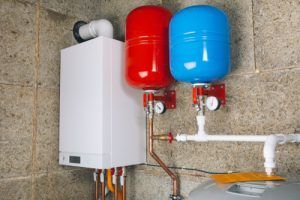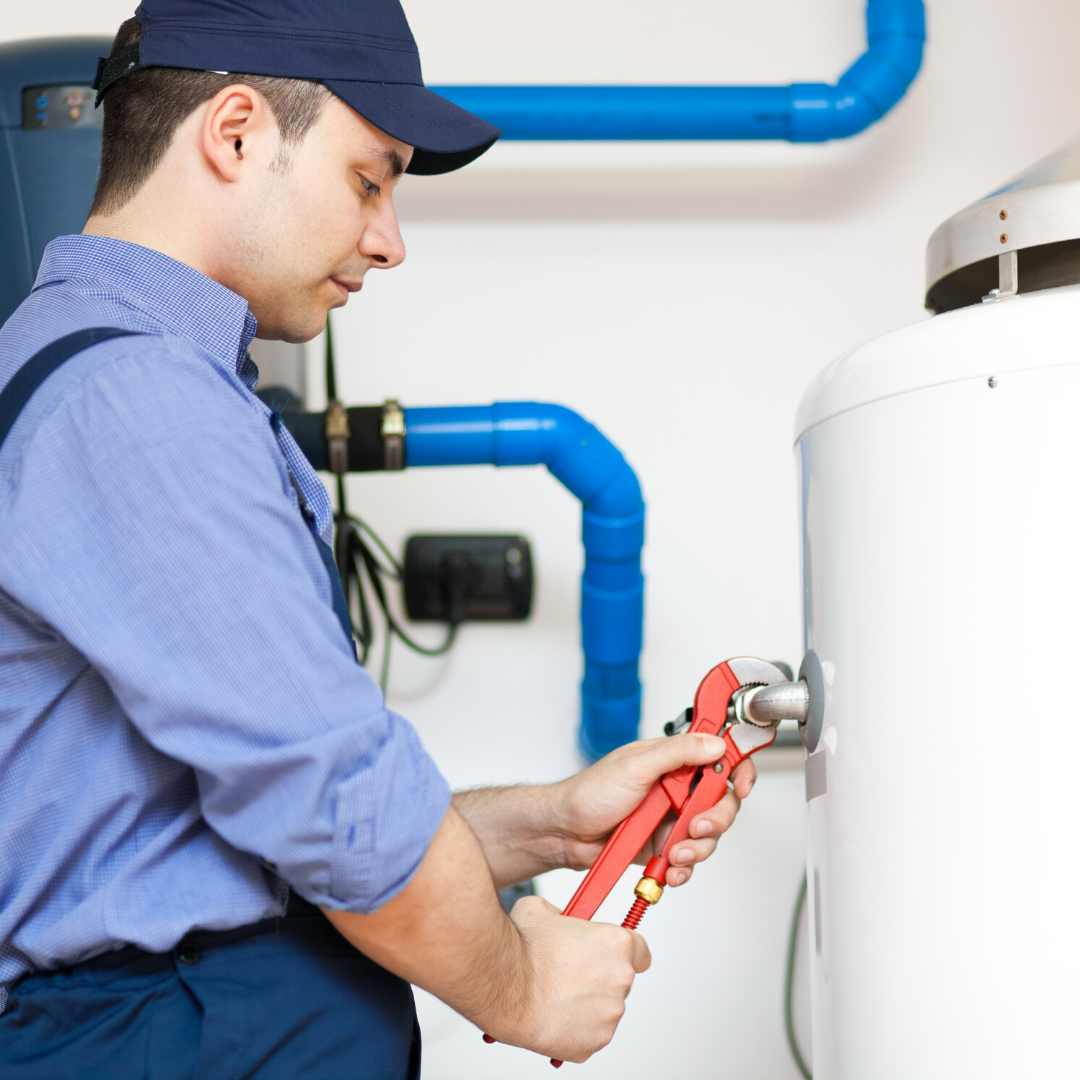How to Address the Common Water Heater Emergency Challenges
How to Address the Common Water Heater Emergency Challenges
Blog Article
How do you really feel in regards to Common Hot Water Heater Problems?

A water heater is among one of the most essential fundamental appliances that can be discovered in a residence. With hot water heater, you do not require to undergo the tension of heating water manually every time there is a requirement to wash, wash, or the dishes. There is constantly an opportunity that your water heater would act up as with many mechanical gadgets.
It is very important to note any kind of little malfunction and also tackle it rapidly before points leave hand. A lot of times, your hot water heater starts to malfunction when there is a build-up of sediments as a result of continual usage. As a precaution, periodic flushing of your water heater is suggested to stop debris buildup and also stop practical failing.
Usual water heater emergency situations and how to handle them
Dripping hot water heater container.
In this situation, you need to transform off your water heater, allow it to cool down, and also carefully look for the resource of the trouble. At times, all you require to do is to tighten a few screws or pipe links in cases of small leakages. If this doesn't function as well as the leakage persists, you might require to utilize the solutions of a technician for a suitable substitute.
Changing water temperature level.
Your hot water heater might start producing water of various temperatures normally ice scalding or cold hot. In this circumstance, the first thing you do is to make certain that the temperature is set to the wanted level. If after doing this, the water temperature maintains altering during showers or various other tasks, you might have a malfunctioning thermostat. There could be a demand to replace either the thermostat or the home heating unit of your water heater.
Insufficient hot water
Taking care of an inadequate supply of hot water can be frustrating. It might be that the water heater can't sustain the warm water demand for your house. To handle this trouble, you might try to adjust your heating unit's temperature level dial and also wait on a couple of mins. If the issue persists, you can request for the assistance of a professional plumber. Additionally, you could upgrade your water heater to one with a bigger capacity.
Blemished or stinky water
When this happens, you need to recognize if the problem is from the container or the water resource. If there is no amusing smell when you run chilly water, after that you are certain that it is your water heating unit that is damaged. The stinky water can be triggered by rust or the build-up of germs or debris in the water heating unit storage tank.
Conclusion
Some homeowners ignore little warning and minor faults in their hot water heater unit. This just leads to additional damages as well as a feasible total malfunction of your device. You must manage your hot water heater mistakes as soon as they come up to avoid even more expenditures as well as unneeded emergency problems.
With water heating units, you don't need to go via the tension of home heating water manually every time there is a requirement to take a bathroom, do the laundry, or the recipes. Your water heater might begin generating water of various temperatures typically ice scalding or cool hot. It might be that the water heater can't support the warm water demand for your apartment or condo. If there is no funny odor when you run chilly water, then you are certain that it is your water heating unit that is defective. The stinky water can be created by corrosion or the build-up of bacteria or debris in the water heating unit container.
Common Water Heater Issues and What You Should Do
What Type of Water Heater Do You Have?
Before we begin it’s first important that you identify the type of water heater you have on your property. There are two main types of water heaters out there: conventional and high efficiency.
Both of these types of products typically use either gas or electricity to heat power. There are also solar water heaters that use a thermal collector on the roof or yard to heat the water.
While these models are not as common, they can cut heating costs in half. In this article, we will focus on conventional and high efficiency.
How Do My Electric and Gas Water Heater Work?
Though they look similar, electric and gas water heaters work very differently. It’s important to know their basic function because often problems can be specific to the heating source.
In the electric model, a thermostat on the side of the machine detects the temperature of the water in the tank. When the temperature needs to rise electricity flows to a heating element suspended in the water.
Gas models also use a thermostat device — typically with a mercury sensor at the tip and an additional sensor called a thermocouple. The thermocouple detects whether the pilot light is on and controls the flow of gas.
When the thermostat drops below the appropriate level gas is released which becomes ignited by the pilot light. The flame heats the bottom of the water tank which causes hot water to rise and cold water to drop.
This natural circulation continues until the water reaches the desired temperature. Then, the thermostat triggers the gas control valve to shut off the flow of gas.
What Are the Most Common Issues and How Do You Fix Them?
https://happyhiller.com/blog/common-water-heater-issues-and-what-you-should-do/

Do you really like reading about Warning Signs You Need Water Heater Repairs? Make feedback below. We would be pleased to find out your views about this write-up. We are looking forward that you come back again in the future. Enjoyed reading our post? Please share it. Help others find it. Thanks a lot for going through it.
Check This Out Report this page